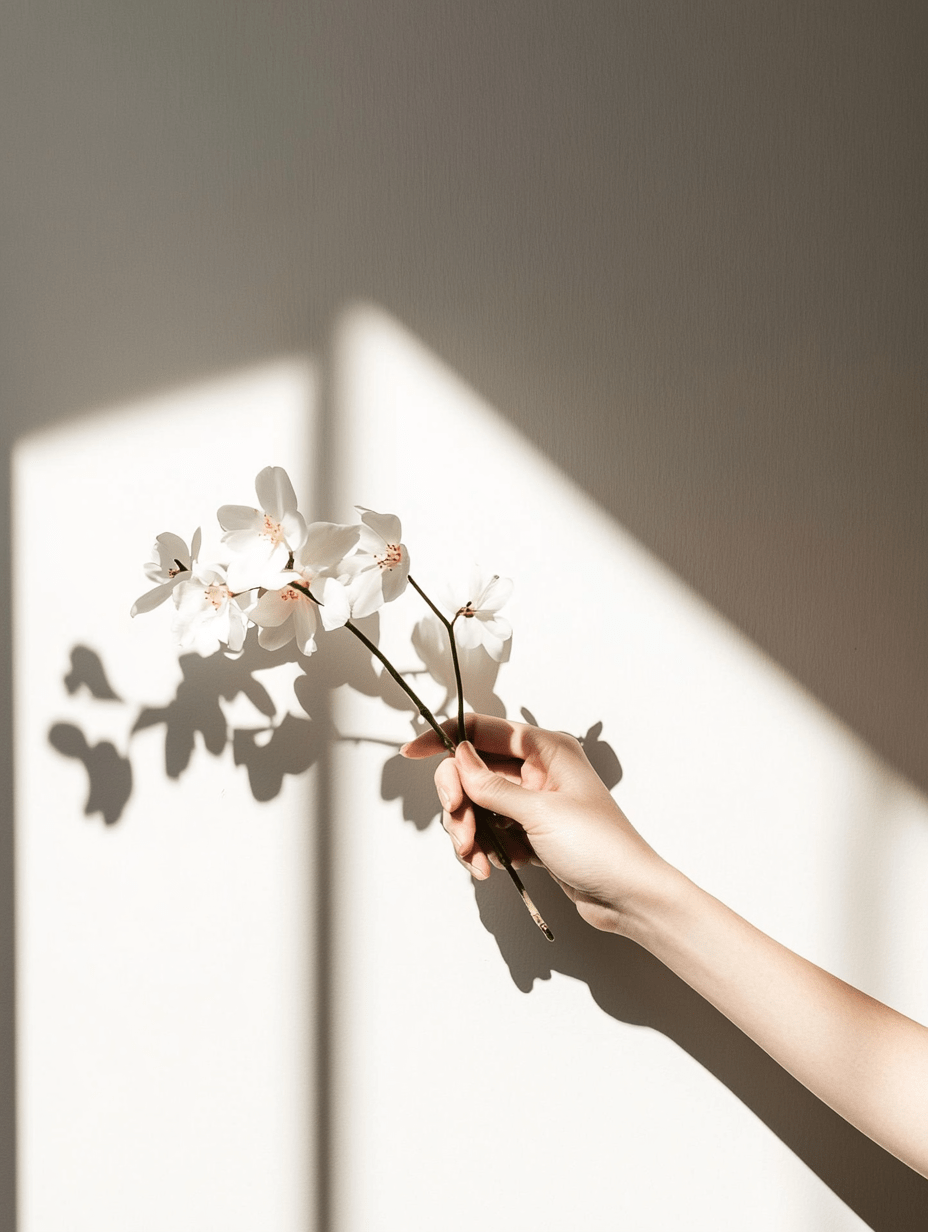January lasts forever. February, despite being the shortest month of the year, takes
even longer. By the time March and April come along, those of us who love nature can
barely remember what warm weather feels like.
We reach for hiking boots, gardening gloves, or pickleball paddles with uninhibited
delight….and pay for it at night. Spring allergies are real, and they can be debilitating. In
this article, we look at ways you can be mindful of them without missing out on your
favorite activities.
Pay Attention to Pollen Counts
You can actually view the pollen levels in your community, the same way you might
check the weather.
Some people recommend staying indoors when pollen levels are high. That might be
the best option for some—especially on days when levels are extreme. However, if
you’ve been waiting months to enjoy the outdoors, you don’t have to let plant
reproduction stop you.
Instead, take precautions. Pollen counts tend to be highest in the early morning and late
afternoon, so try to plan outdoor activities for midday.
If you do go out, consider taking an antihistamine and be mindful of how you re-enter
your home. Change out of your outdoor clothes before sitting on furniture, and take a
shower right away. These small steps can help reduce your exposure and keep pollen
from spreading throughout your home.
Windows
It's very pleasant to open up the window on a warm spring afternoon and breathe in the
floral fragrance of a world waking back up from its winter hibernation. Unfortunately, that
flowery perfume that you crave is made of—you guessed it—pollen.
Not only can leaving the window open give you direct exposure, but it can also increase
the pollen levels in your home. It will get on furniture, cling to surfaces, and aggravate
your allergies even on days when you have been staying in.
On days when the pollen count is high, keep the window shut. Also, make sure that your
air conditioning filter is changed out regularly.
Part of its job is to filter out pollen and other outside air particles, but the dirtier your filter
becomes, the less effective it will be at doing its job. The general rule of thumb is once
every three months, but if you are really sensitive or just trying to be careful, it won't hurt
to do it a little more.
They are cheap, and they get right to the heart of the problem—minimizing exposure
rather than reacting to it.
Do What You Love—Sensibly
Some writers might recommend abstaining altogether from gardening or yard work. This
is because the risks of pollen exposure are very clear when you work directly with the
things that create it. And this is true. It's also true that not gardening carries its own
risks. Gardening is good for your mental and physical health. It makes the world pretty
and ensures that the bees have something to do.
If your allergies are significant enough that considerable pollen exposure is likely to ruin
your whole day, ok. Leave the spades alone. For the rest of us, it can be enough to take
careful precautions. First of all, remember some of our earlier advice. Avoid going out in
the early morning or afternoon when pollen is at its worst. When you come in, change
clothes and take a shower. It will also help to have a pair of gardening-specific
shoes—ideally ones that don't even come into the house.
Some people will also wear COVID-style masks while they garden to avoid direct
exposure. That will make it harder to stop and smell the flowers, but if it makes outside
time accessible to you, go for it.
Hypoallergenic Everything
Finally, optimize your household products with silk-based products. Silk is naturally
resistant to pollen, dust mites, and other allergens, making it a great choice for allergy
sufferers. Its smooth texture prevents particles from clinging to the fabric, keeping your
sleep environment cleaner.
Unlike other materials, silk also helps regulate temperature and moisture, reducing
irritation that can worsen allergy symptoms. A silk pillowcase will often cost a little more
than the scratchy rags you will find at your average big-box store, but it can save you
money in the long run.
Silk is better for your skin, which means less money on care products. It's also pollen-resistant, meaning you won't be breathing in big lungful of the enemy as you lay your head down to sleep each night.
At Silknlove we specialize in silk-based products that won’t aggravate your pollen
allergies. Give yourself the gift of consequence-free outdoor time this Spring!



